Summaries of books about Ancient History:
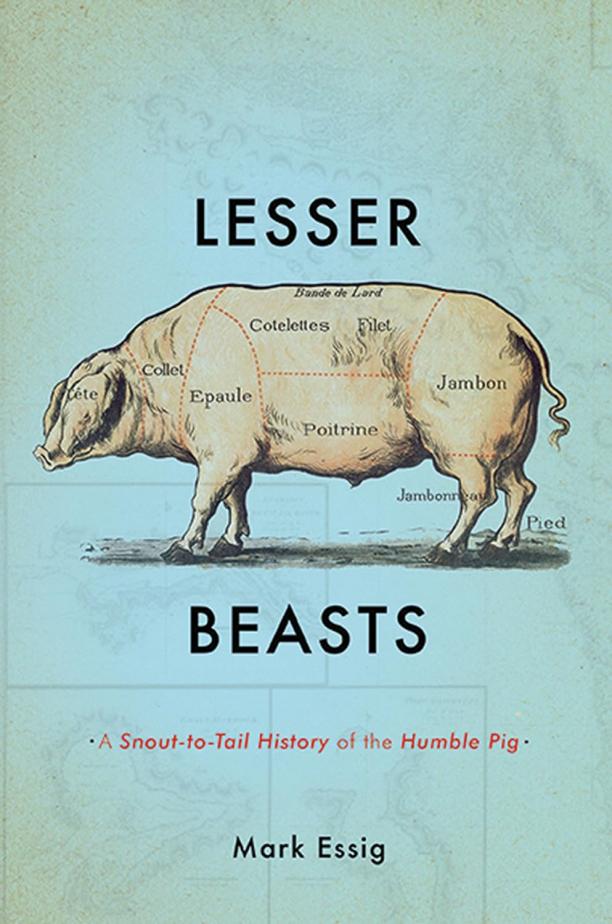
Lesser Beasts
A Snout-to-Tail History of the Humble Pig
Mark Essig
The book traces the cultural, historical, and culinary journey of pigs, exploring their domestication, roles in various societies, and the diverse attitudes humans have held towards them. It delves into the pig's significance as a source of sustenance and symbol, examining its place from ancient times to modern industrial farming.
See full summary
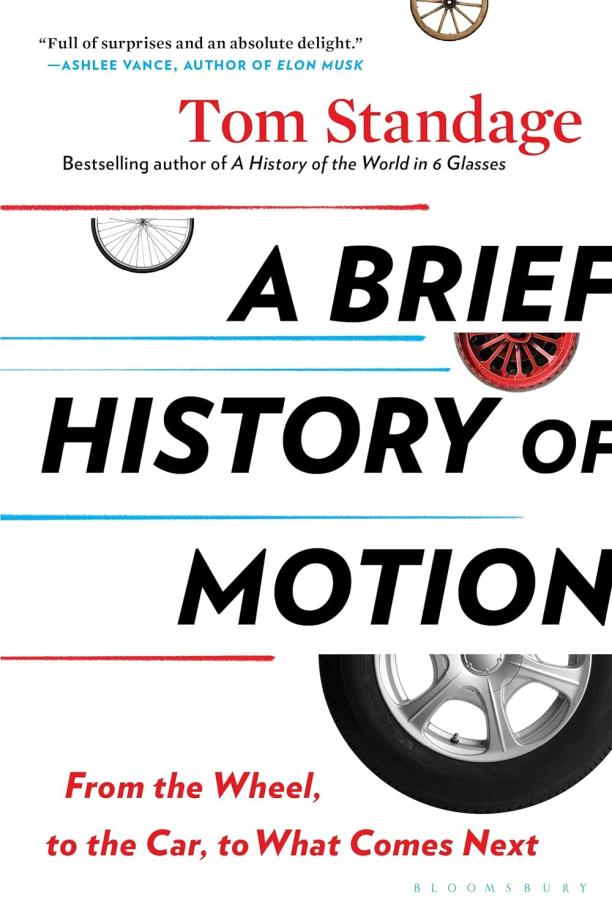
A Brief History of Motion
From the Wheel, to the Car, to What Comes Next
Tom Standage
The book traces the evolution of human transportation from the invention of the wheel through the development of cars, examining the impact on societies and the environment. It also explores the future of mobility, considering technological advances and potential shifts towards more sustainable forms of transport.
See full summary
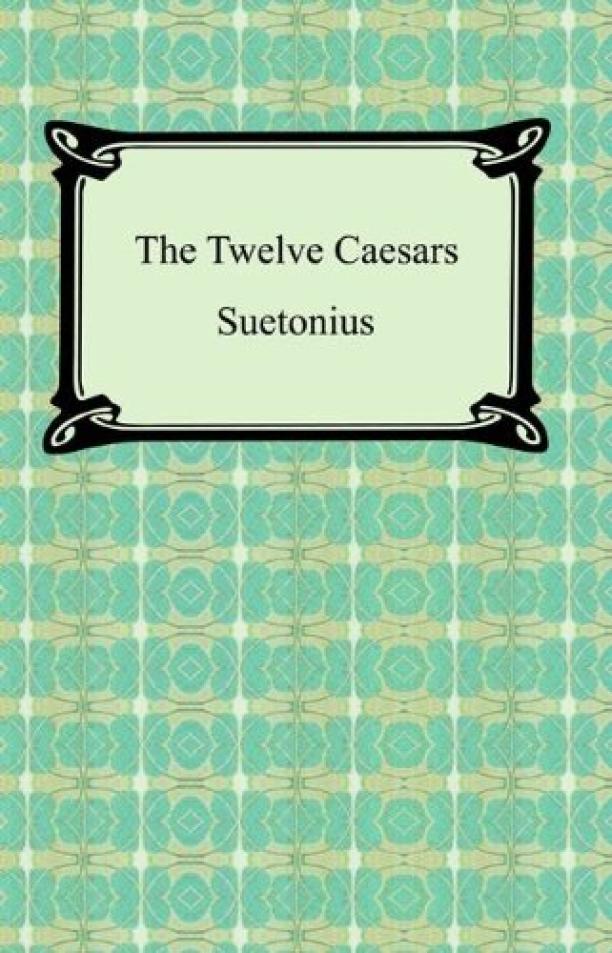
The Twelve Caesars
Gaius Suetonius Tranquillus
The book provides detailed biographies of the first twelve rulers of the Roman Empire, from Julius Caesar through to Domitian, chronicling their political careers, personal lives, military campaigns, and legacies. It offers a mix of historical facts, anecdotes, and gossip, giving insight into the power dynamics and decadence of Roman imperial life.
See full summary
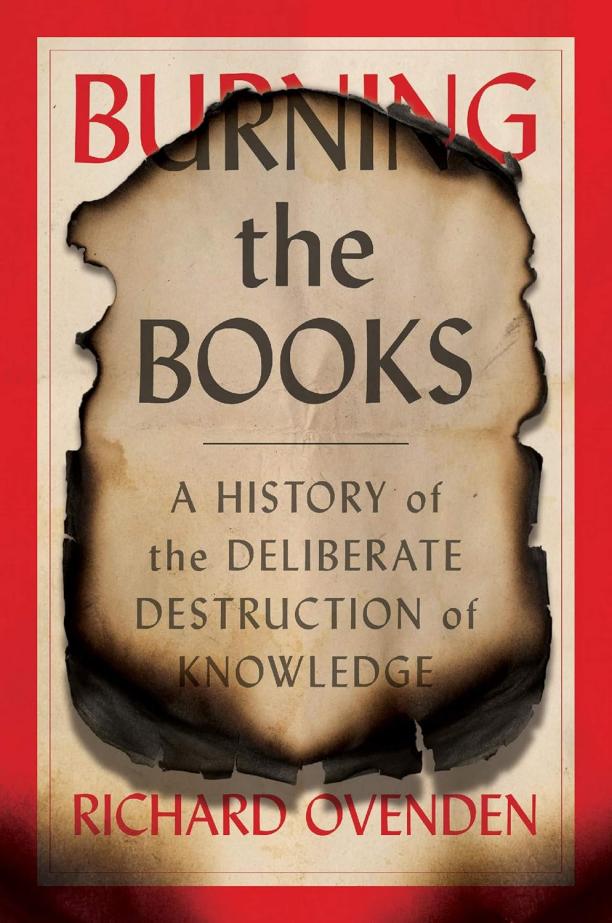
Burning the Books
A History of the Deliberate Destruction of Knowledge
Richard Ovenden
The book explores the historical acts of destroying knowledge, from ancient times to the digital age, examining the motives and consequences of these actions. It delves into the impact on culture and memory, highlighting the importance of preserving information for future generations.
See full summary

The Handshake
A Gripping History
Ella Al-Shamahi
The book explores the cultural, historical, and scientific significance of the handshake, tracing its origins and evolution across civilizations. It examines the impact of the gesture on diplomacy, business, and social interactions, as well as its recent decline due to global health concerns.
See full summary

On Paper
The Everything of Its Two-Thousand-Year History
Nicholas A. Basbanes
The book delves into the multifaceted history of paper, exploring its invention, cultural significance, and myriad uses over two millennia. It examines paper's role in shaping human civilization, from its origins in China to its impact on literacy, art, communication, and record-keeping worldwide.
See full summary
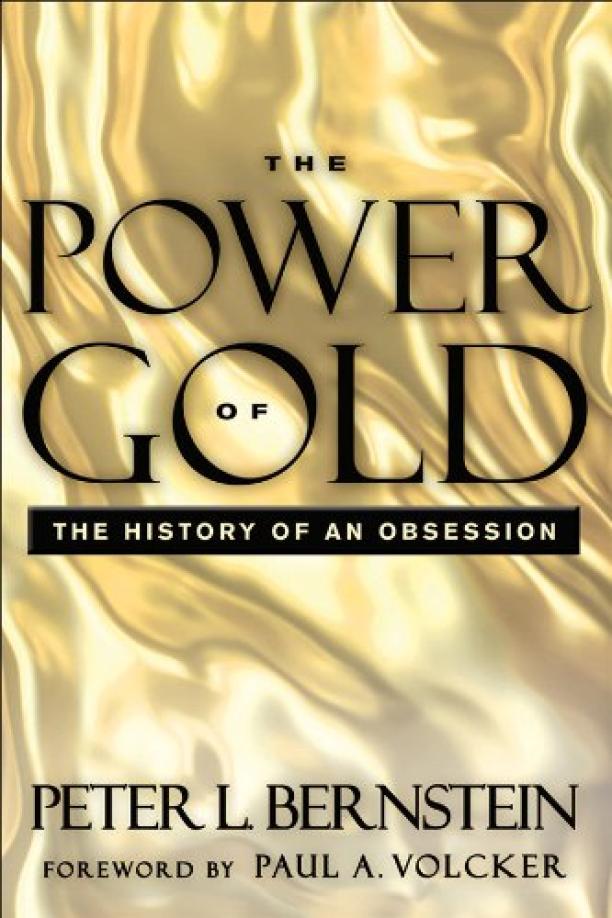
The Power of Gold
The History of an Obsession
Peter L. Bernstein
The book explores the cultural, economic, and historical significance of gold, tracing its impact on human civilizations from ancient times to modern financial systems. It examines how gold has shaped human greed, ambition, and has been at the center of power struggles, economic crises, and cultural myths throughout history.
See full summary
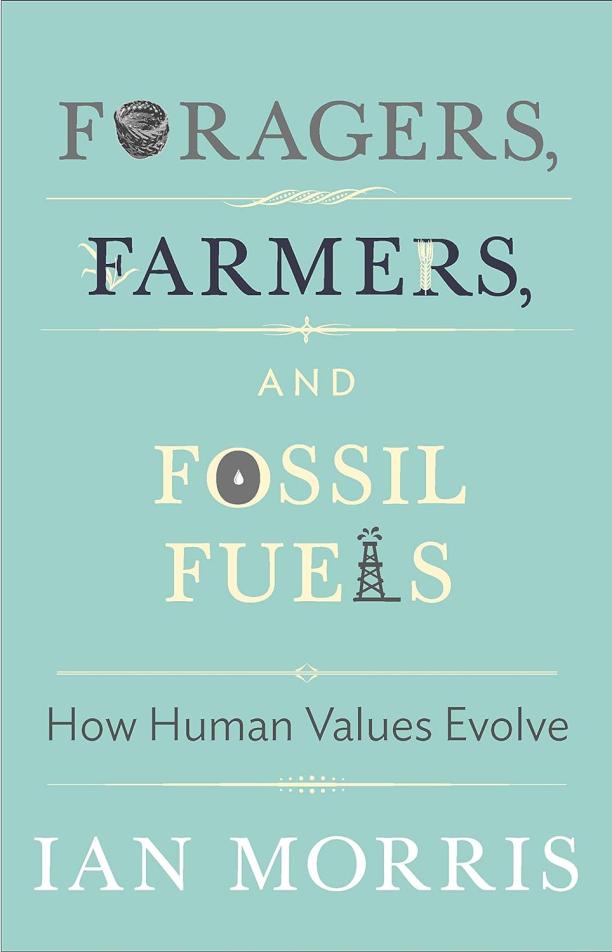
Foragers, Farmers, and Fossil Fuels
How Human Values Evolve
Ian Morris
The book explores the relationship between energy capture and social values, arguing that modes of energy extraction—hunting and gathering, farming, and using fossil fuels—have historically shaped human values and social organization. It combines insights from archaeology, history, and evolutionary theory to examine how economic structures and the means of production influence ideas about equality, hierarchy, and democracy throughout different periods in human development.
See full summary
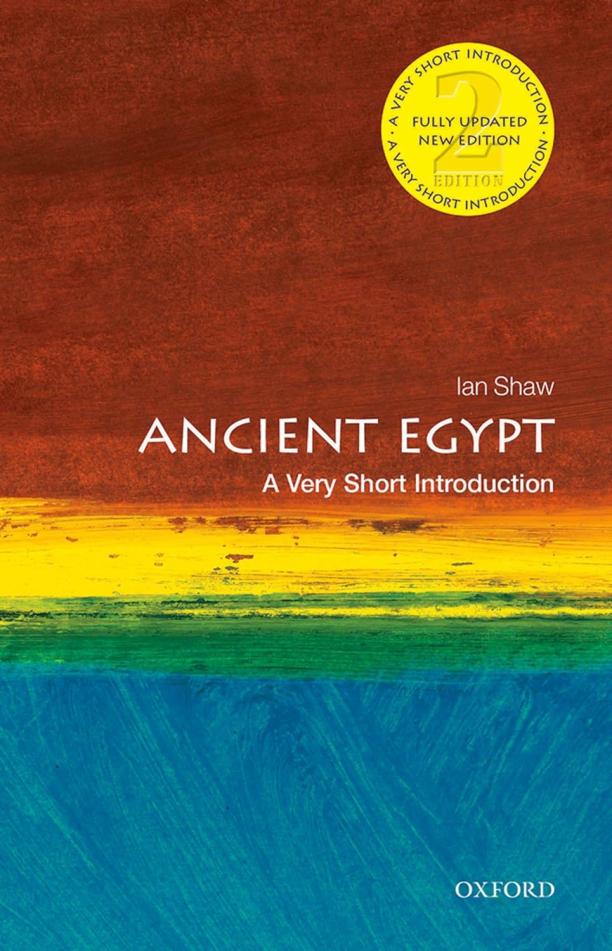
Ancient Egypt
A Very Short Introduction
Ian Shaw
The book provides a concise overview of Ancient Egyptian civilization, discussing its history, culture, and lasting impact. It covers topics such as the construction of the pyramids, the role of pharaohs, religious beliefs, and the decipherment of hieroglyphs, offering insights into the complexities of this ancient society.
See full summary
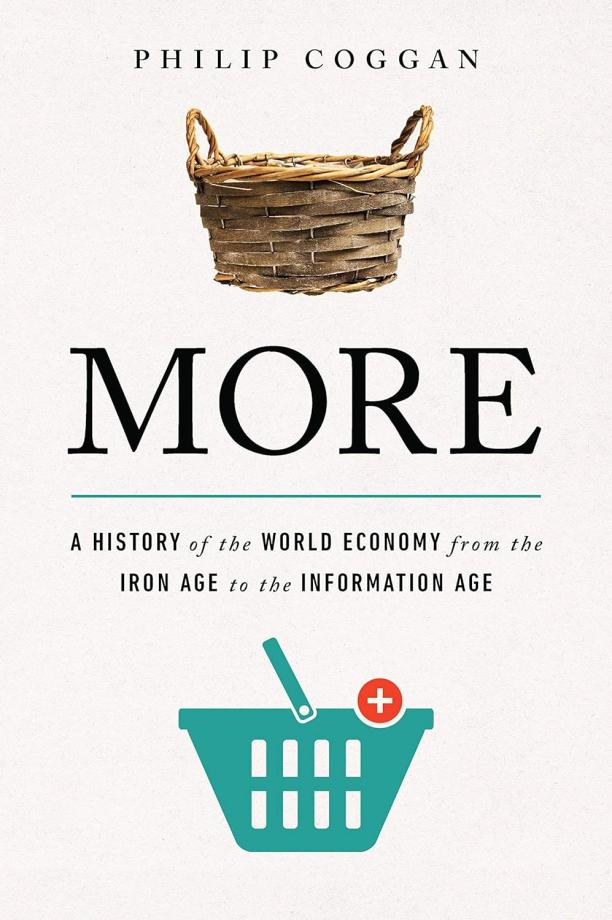
More
A History of the World Economy from the Iron Age to the Information Age
Philip Coggan
The book provides a comprehensive overview of the global economic history, tracing the evolution of trade, industry, and finance from ancient times through to the modern era. It examines the factors that have shaped economic growth and development, including technological advancements, political shifts, and cultural exchanges across different societies.
See full summary